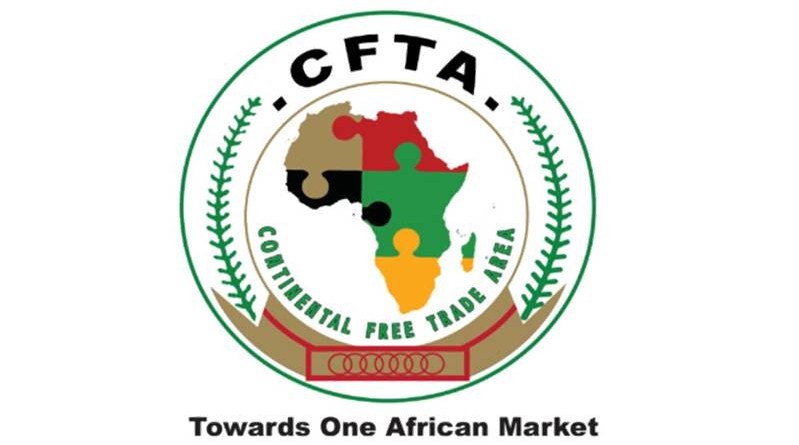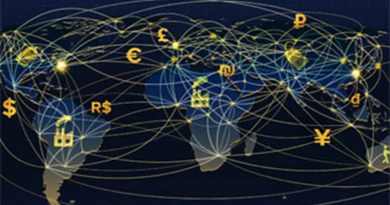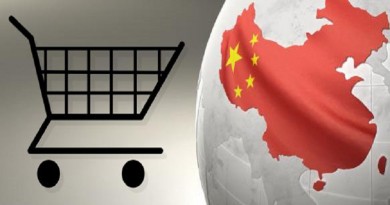Nigeria and Kenya embrace AfCFTA Free Trade deal to boost economic development
The African Continental Free Trade Area (AfCFTA) has the potential to shift the course of Africa’s economic development by providing much bigger benefits.
The Kenya National Chamber of Commerce & Industry (KNCCI) hosted a courtesy visit from the National President of ECOWAS FEBWE Nigeria, Chief Iyalode Alaba Lawson, along with businesswomen from the Women Entrepreneurs Professionals Development Network (WEPDN). They were welcomed by the Chamber’s 2nd Vice President, Ms. Fatma Elmaawy, the Chairman of the KNCCI Economic Diplomacy Committee, and Mr. Ronald Meru, Chief Executive Officer ,East African Chamber of Commerce, Industry & Agriculture (EACCI)
The mission of ECOWAS FEBWE Nigeria is to encourage trade, investment, and the international display of high-quality goods while fostering friendly ties, collaboration, and partnerships amongst ECOWAS women entrepreneurs and their international counterparts.
The African Continental Free Trade Area (AfCFTA) membership of both Kenya and Nigeria would strengthen their bilateral commercial links and contribute to their respective economies, the Chamber’s 2nd Vice President stated in her statements of welcome.
Tea, horticultural goods, textiles, and processed foods are among Kenya’s top exports to Nigeria, whereas Nigeria sells petroleum products, cement, and chemicals to Kenya. Trade potential in the fields of technology, renewable energy, and services are also expanding.
With Kenya serving as a significant economic hub in East Africa and Nigeria as the continent’s largest economy, both Kenya and Nigeria are significant actors in their respective regions. As a result, there are numerous chances for investment and trade between the two nations.
CEO Iyalode Alaba Lawson highlighted that capacity building is necessary for both nations to comprehend some obstacles to boosting trade between them, such as disparities in regulations and standards, high transportation costs, and a dearth of direct flights between them. Yet, there are continuous initiatives to address these issues and encourage more trade and investment between Kenya and Nigeria. Both governments have stated a commitment to enhancing economic ties and growing trade volumes.
Political, economic, and diplomatic initiatives would probably be used in conjunction to advance trade between the two nations. Some actions that might be taken include:
The presence of tariffs and non-tariff barriers, such as rules and standards, that make it challenging for companies to sell their products in other markets, is one of the key obstacles to trade. To provide firms more access to the market, governments might endeavor to lower or remove these restrictions.
Infrastructure investment: The expense of logistics and transportation can be a significant barrier to commerce, particularly in developing nations. Investment in transportation infrastructure, such as ports, highways, and airports, can lower transportation costs and boost trade productivity.
Streamlining the customs process is important since delays there can make importing and exporting goods more expensive and time-consuming. To facilitate trade, governments might endeavor to increase the effectiveness of border crossings and expedite customs procedures.
Governments can provide incentives to firms, such as tax cuts, subsidies, and grants, to encourage them to invest in trade and increase their exports.
Enabling trade agreements: By lowering tariffs and non-tariff obstacles and fostering deeper economic integration, regional and global trade agreements like the AfCFTA can contribute to the creation of a more favorable climate for trade.
KNCCI will keep playing a significant position in fostering collaborations between Kenya and Nigeria. Through offering trade missions, business matching, policy lobbying, information exchange, and capacity building, to assist in fostering a climate favorable to the expansion of businesses and the development of the economies of both nations.




